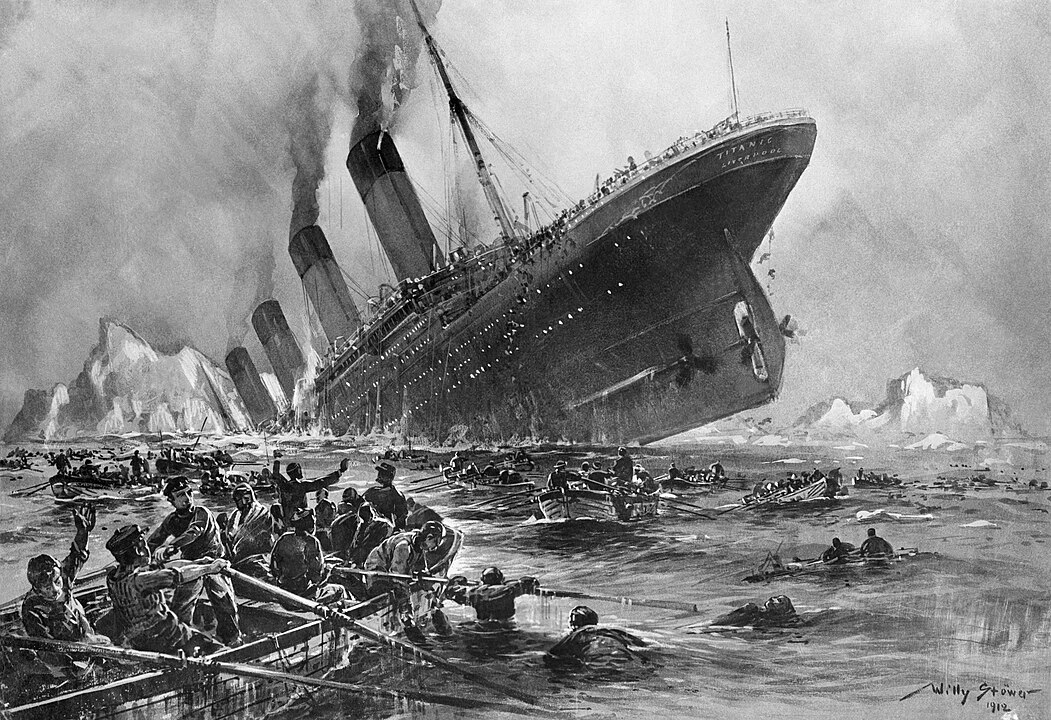History likes neat labels, yet people resist simple boxes. Some figures painted as monsters made choices that saved lives, broadened rights, or pushed reforms that outlasted scandal. Others fought empires that wrote the textbooks and fixed the stage lights. The villain mask stuck because pamphlets sold and plays traveled. Looking closer does not erase harm. It widens the frame to include restraint, courage, or foresight that changed outcomes for ordinary families who never make it into epilogues.
Richard III Reconsidered

Shakespeare set the character, but the brief reign of 1483 to 1485 reads differently in records. Richard expanded legal aid for the poor, curbed corrupt officials, and protected bail rights that echo in due process. He promoted English in courts, inviting broader civic participation in a system long gated by Latin. Northern cities met a steady paymaster rather than a cartoon villain. The princes remain a dark question, yet the reforms are documented and durable.
Wu Zetian’s Merit Revolution

China’s only woman to rule in her own name carries a legend of ruthless intrigue. The state she shaped also widened civil service exams, lifted talent outside hereditary clans, and funded public works after floods. She championed scholars, stabilized grain routes, and pushed evaluations that rewarded competence over pedigree. Court politics stayed sharp, yet the bureaucracy she tuned proved resilient. Merit moved from slogan to ladder, and the climb opened to families far from the capital.
Ashoka’s Turn Toward Mercy
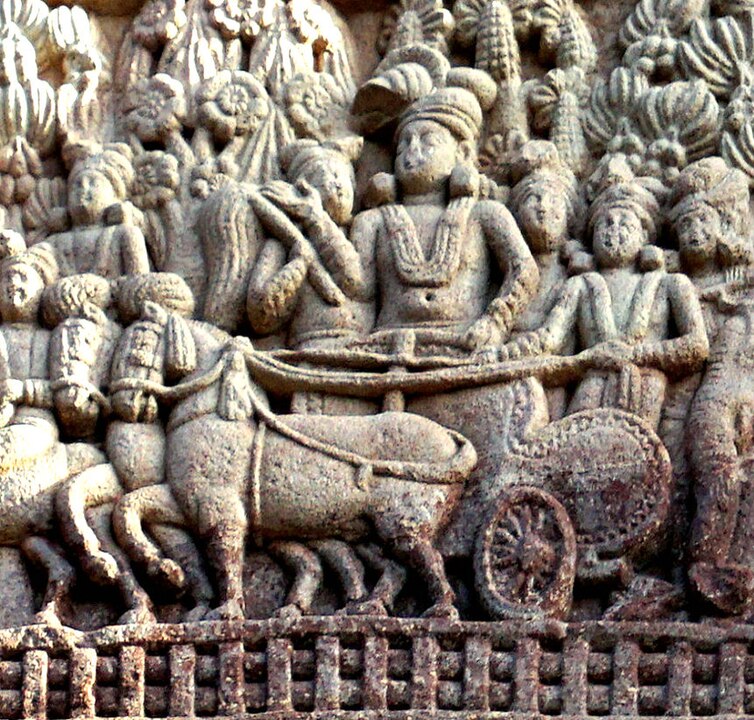
Early Ashoka crushed Kalinga and counted the dead. The horror rewired him. He pivoted to rule through restraint, carving edicts that urged religious tolerance, humane justice, and care for prisoners. Wells, rest houses, and shade trees appeared along roads, with hospitals for people and animals. Envoys carried ethics instead of threats, and governors were told to listen before punishing. The empire kept order, but the tone changed. Power chose compassion and wrote it in stone.
John Brown’s Unwelcome Alarm

To respectable ears in 1859, Brown was a fanatic who brought blood to a federal armory. He was also the blunt alarm that forced the country to face slavery without euphemism. His Underground Railroad work rescued families in real danger. His final speech framed a moral indictment that newspapers could not sand smooth. The raid failed tactically, yet it cracked delay. In the storm that followed, emancipation moved from debate to policy and then to law.
Oskar Schindler’s Quiet Rescue
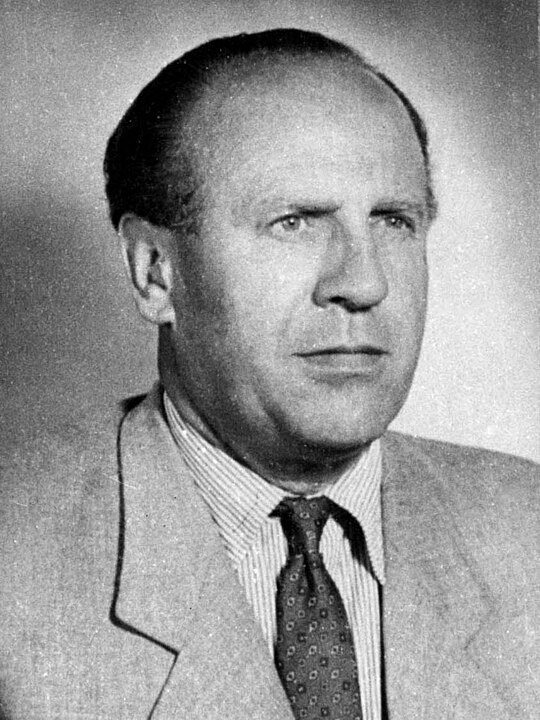
On paper he was a profiteer with party ties and a factory full of uniforms. In practice he spent his fortune to shield Jewish workers, bribed officials, forged lists, and moved people under the cover of production quotas. The whistles marked a rescue that reached more than 1,000 lives. He drank, he lied, he bargained, and he refused to stand aside. Flawed men can still draw a line and pay to keep others on the safer side of it.
Francis Drake, Pirate Or Protector
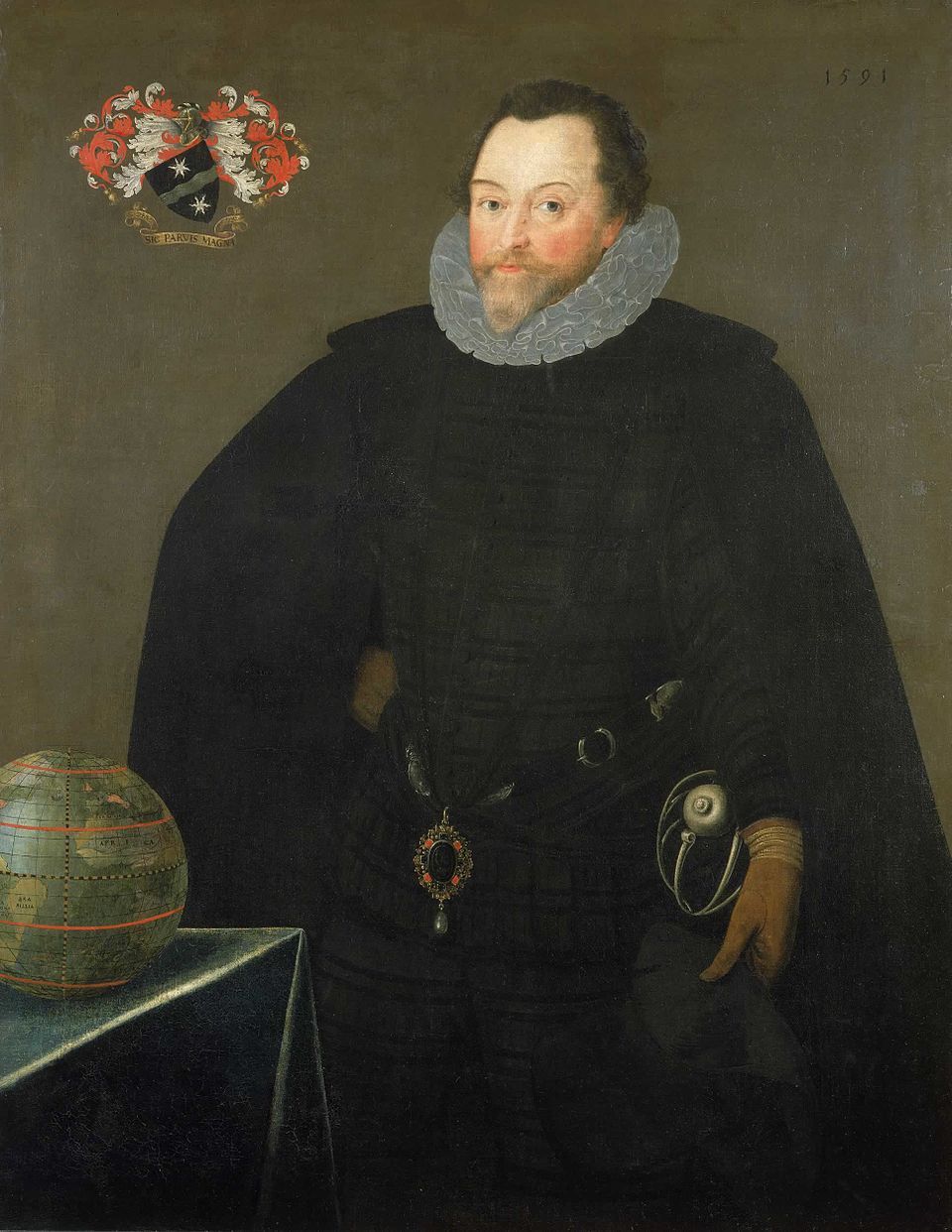
Spain wrote pirate, England wrote privateer, and both were partly right. Drake raided imperial treasuries that bankrolled European wars, then helped scatter the Armada in 1588 with fire ships and tide sense over swagger. He touched slaving ports and scarred coasts, and none of that cleans easily. It also shows how the same wake reads as theft or defense depending on which harbor keeps the log. In one hull sailed harrier and shield, sometimes in the same week.
Boudica’s Rebellion Of Dignity

Roman accounts cast a savage queen in flames. Behind the burning streets stood a mother denied justice after assault and land seizure by officials who mocked local law. Boudica united rival tribes, forced Rome to audit provincial abuses, and became a symbol of consent as a condition for rule. The revolt ended in tragedy, but it reset the conversation. Administrators learned that extraction without fairness breeds uprisings, and later governors counted dignity alongside taxes.
Spartacus And The Idea Of Freedom

To the Senate, he was a criminal gladiator who turned on his masters. To the enslaved, he proved legions could bleed and bondage was not destiny. Spartacus organized a mixed army, outmaneuvered consuls, and often spared civilians compared with Roman reprisals. The rebellion fell, yet the idea did not. Later thinkers read the story and traced a first outline of rights to a supposed outlaw. A broken chain can begin as an argument carried by rumor and firelight.
Rasputin’s Misread Influence
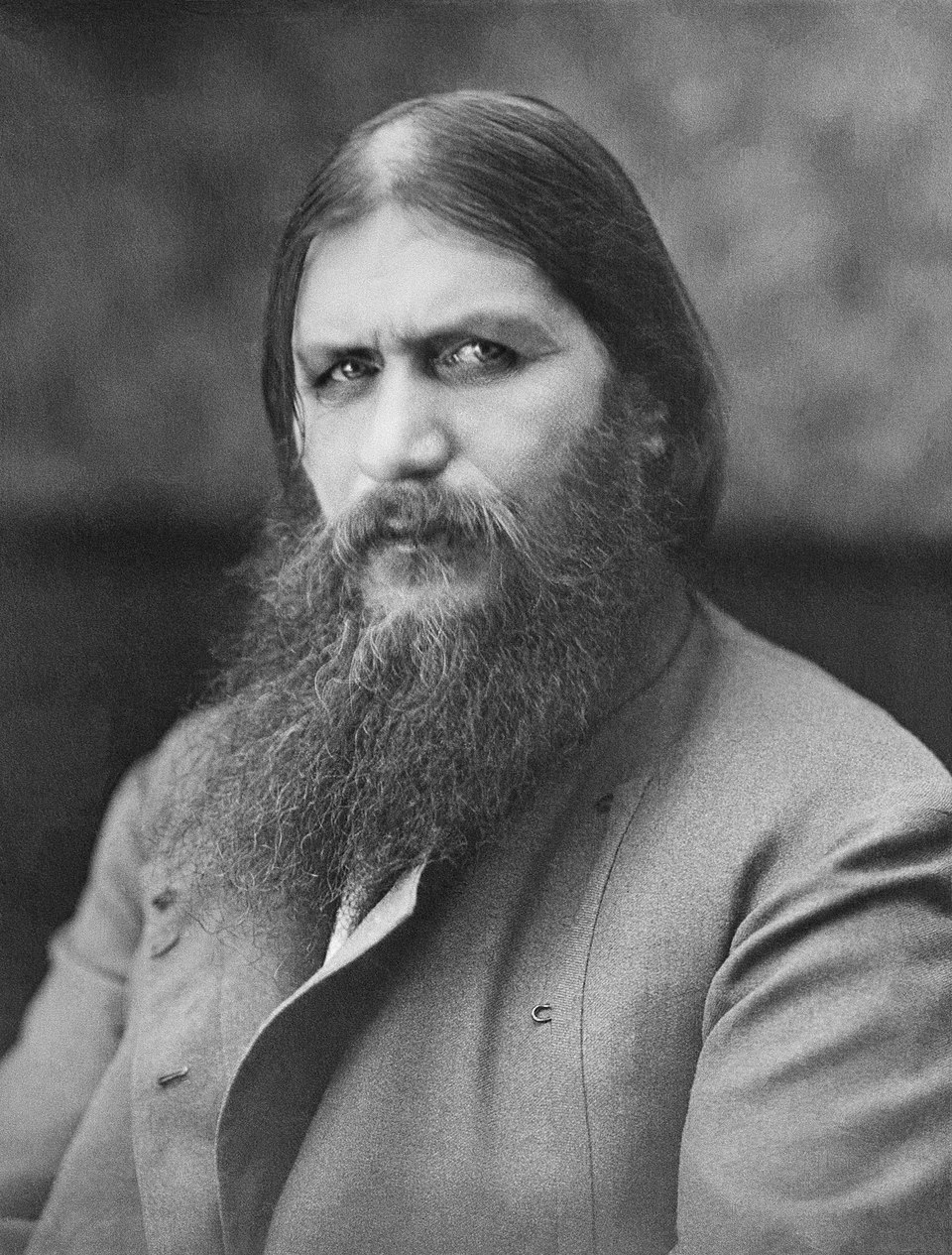
Cartoons made a devil with staring eyes. The diary trail is stranger and more human. A peasant healer with court access, Rasputin urged moderation, warned against entering World War I, and pleaded for clemency toward minorities and dissenters. He calmed a hemophiliac child when doctors failed, sometimes by insisting on rest and fewer harmful tonics. Enemies smeared, scandals spread, and his murder shook a fragile regime. The man was flawed, yet not the caricature that sold broadsheets.

